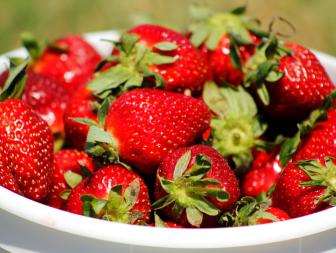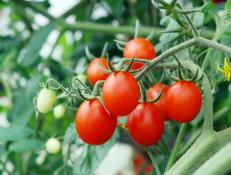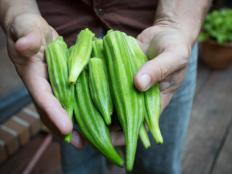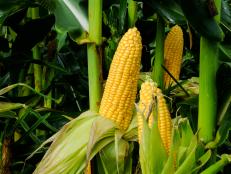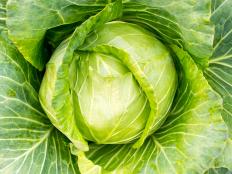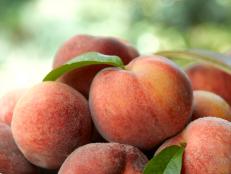Freezing Cabbage
Scratch store-bought cabbage off your grocery list—and fill your freezer with homegrown cabbage instead.

Cabbage adapts well to the freezing process.
Can you freeze cabbage? You sure can. This leafy vegetable is versatile in the kitchen and adapts well to the freezing process. Families who grow cabbage count on it for year-round nutrition that’s easily incorporated into meal-time menus. Learn all you need to know to start freezing cabbage.
Cabbage is one of the unsung heroes of the vegetable garden. It’s packed with good-for-you nutrition, blending high fiber content with low calories. It also boasts disease-fighting compounds, high levels of Vitamins C and K, and a host of minerals. Freezing cabbage makes it possible to have this nutrient-rich vegetable available beyond the growing season.
How to Freeze Vegetables, Fruit and More 22 Photos
Learn how to freeze vegetables, fruit and even eggs and milk, and see how easy it is to extend the life of perishable foods.
Start with dense, solid heads that feel weighty for their size. Look for good color in the leaves, which should be fresh, not dingy or yellow. If you’re buying cabbage at a farmers’ market, ask when heads were picked so you know how fresh they are. In your own garden, harvest heads early in the morning during hot weather. If possible, wait until closer to frost to pick heads.
The first step in freezing cabbage is washing heads. Fresh-from-the-garden cabbage frequently hosts cabbage loopers or other caterpillars beneath outer leaves. Aphids, beetles, or earwigs may also be hiding inside leaves. Give hitchhikers cause to leave by soaking heads in a salt solution. Use 1 to 3 tablespoons of salt per gallon of water, and soak cabbage heads for half an hour. You can also soak heads in plain water for a few hours.
After soaking, rinse heads, and remove old or yellow outer leaves. Cut cabbage into quarters or wedges, or separate leaves. Choose how to cut heads based on your end use. For most cooked dishes, cabbage wedges are handy. Keep the core inside wedges; it helps hold leaves together during blanching.
Freezing cabbage without blanching is possible; you’ll just need to use it within 4 to 8 weeks. For the longest-lasting frozen cabbage, blanch wedges for 90 seconds. Use a colander to drain wedges after removing them from ice water
Quick-freeze cabbage individually on a cookie sheet. Cabbage should freeze in 12 to 24 hours, depending on how large your wedges are. After it’s frozen, toss wedges into freezer bags in bulk. Before sealing, remove as much air as possible from bags. With this method, you can grab a handful of cabbage for a pot of vegetable soup, or fish out enough cabbage to make sautéed cabbage and onions for the whole family.
You can also place blanched cabbage into individual packages prior to freezing. Use freezer bags and fill them with appropriate serving-size portions. Don’t forget to remove as much air as possible before sealing bags. A vacuum sealer system works well for removing air. For the most efficient freezing, don’t over-pack bags, but keep cabbage pieces in a single layer.
For best quality, use frozen cabbage within nine to 14 months. Use frozen cabbage as a stand-alone side dish, such as skillet cabbage and onions or stewed cabbage. Or add it to homemade soups and cozy crock pot stews. You can also freeze cole slaw with a vinaigrette-type dressing. Search for recipes online, and try them out on your family before planning to freeze a large batch.
How to Freeze Vegetables
Learn methods for freezing vegetables so you can have fresh taste long after the growing season ends.







